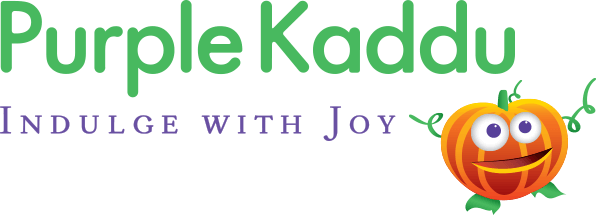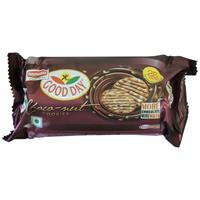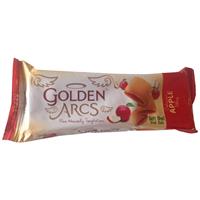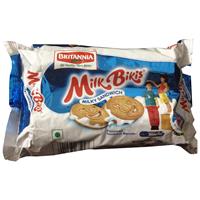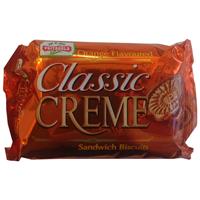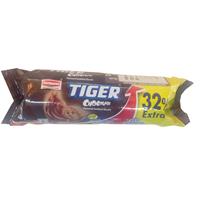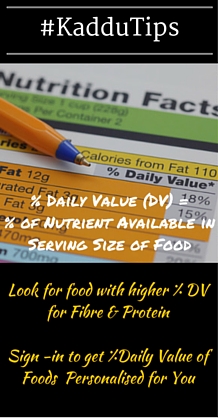
Britannia Good Day Choco-nut Cookies
Products in ‘Cream Biscuits-Cookies’ category range from 0.5 - 1.5


- High in Fat
Calories in a food come from carbohydrates, protein and fat. The above product however has more calories from fat, which is not desirable and thus is considered “high in fat”.
So think again before you go binging on it, as every gram of fat matters!
- Know Your Food - CocoaCocoa is the main ingredient in all chocolates. You will find it as one of the following names: Cocoa Solids, Cocoa Powder, Cocoa Mass or Liquor, Cocoa Butter. Except for Cocoa Butter which makes up for all the fat in the cocoa, all other forms have a small quantity of caffeine.
That's right! Its not only Coffee that gives you the caffeine but your favourite bar of chocolate may also have small quantity of Caffeine.
The darker the chocolate, the higher would be amount of Caffeine. But there's another side of the coin, The higher percentage of cocoa equals a higher amount of flavonoids.
Flavonoids are powerful antioxidants founds in fruits, veges, herbs, and other plant-based foods. Antioxidants help protect us against damage caused. by free radicals.
Read through our blog 'The sweet kick of Chocolate' to learn more about the dark secrets of your favorite bar. - Know your Food- Sugar and its AliasesSome Food Products mask the amount of Added Sugar by using multiple forms of sugar and avoid displaying Sugar as one of the first ingredient. All Ingredient list are in descending order by their weight, so the position of sugar and its aliases can give an indication of the amount of 'Added Sugar'.Though the Nutrition Fact label on the food product gives you the Total Sugar, the regulation does not require the break up between natural and added sugar to be given. Thus, it is important to know the different sources of sugar that may be present in a food product to get an idea of added sugar.At the same time it is important to understand that the body does not distinguish between natural and added sugar, so take note of the Total Sugar in the Nutritional Fact label.Read more about the many different sources of sugar which includes Dextrose, Invert Syrup, Maltodextrin, Honey...
- Highly Processed!Additives are added to the packaged foods for different reasons varying from increasing shelf life, to provide flavour and texture, increasing nutrition quality or required to manufacture some types of food.One of the ways to determine the degree of Processing is the number of additives you find in the ingredient list. The higher the number of additives greater is the degree of processing. Additives can be identified by looking for ingredients that begin with 'E' and have a number in them.It is generally recommended that food that is closer to nature is better hence it is better to choose food products with lesser number of additives.
- Loaded with Sugar
Each serving of the product has at least 1 teaspoon (5g) of sugar in it which makes it a sugar rich product.
One of the immediate side effects of high sugar intake is increase in fat deposits in the body which may increase your risk for obesity,diabetes and a host of other conditions.
Also, some studies suggest that its not FAT but sugar that is the cause for excess weight gain. Hence, best to avoid.
Disclaimer:Product Analysis is based on general practices in the field of Nutrition. Please check with or consult a qualified and licensed medical professional for its suitability to you.
